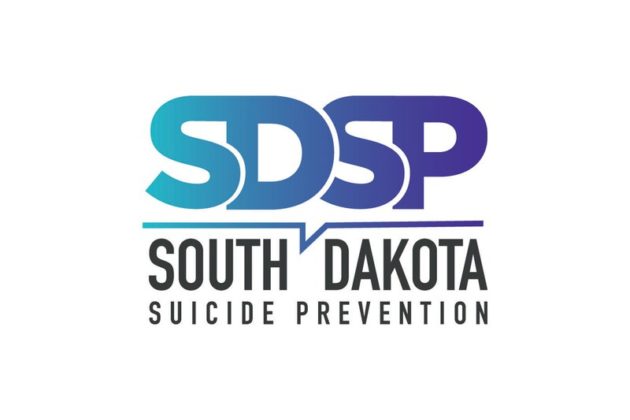“Research shows that when we approach our mental health like other physical health conditions, we have better outcomes in all measures of our personal health,” said Department of Social Services Cabinet Secretary Matt Althoff. “Seeking care for both our physical and mental health helps us be more resilient, boosts our sense of well-being, and helps us be at our best.”
People who are healthy and active feel more energetic, sleep more restfully, are more relaxed, and think more positively. Living a healthy lifestyle and staying physically active reduces the chance of chronic diseases like type 2 diabetes, heart disease, cancer, anxiety, and depression. Suffering from poor mental health can affect our body’s ability to make good decisions and can deter people from being physically active. Therefore, our efforts to take good care of our physical health through regular exercise, in turn, improves mood and helps prevent mental illness.
Here are some tips that will help both physical and mental health:
- Eat healthy and stay hydrated. Drink plenty of water and maintain a diet high in fruits and vegetables and low in processed sugars or fats.
- Get enough sleep on a regular schedule. A good night’s sleep for teenagers is eight to 10 hours and for those 20 years of age and older should get more than seven hours. Also, get consistent sleep by going to bed and waking up at the same time every day, even on weekends.
- Get regular exercise. Exercise will keep you physically fit, but it can also help improve your mood and reduce stress.
- Avoid alcohol and drugs. Using drugs and alcohol may make you feel better in the short term, but it will have a negative effect on both your physical and mental health.
- Try relaxation techniques and mindfulness. Meditation, deep breathing, and focusing your thoughts can all help when you are feeling stressed. Also, try to focus on positive emotions and events rather than negative ones.
- Seek help from others. Talking with friends, family or a doctor or mental health professional can help you feel less stressed and improve your mood.
If you struggle emotionally, help is available through the 988 Suicide and Crisis Lifeline. The Lifeline provides 24-hour, confidential support to anyone in suicidal crisis or emotional distress. Call or text 988 or chat online at 988lifeline.org/chat with a trained crisis counselor.
For more resources, visit South Dakota Suicide Prevention at sdsuicideprevention.org.




